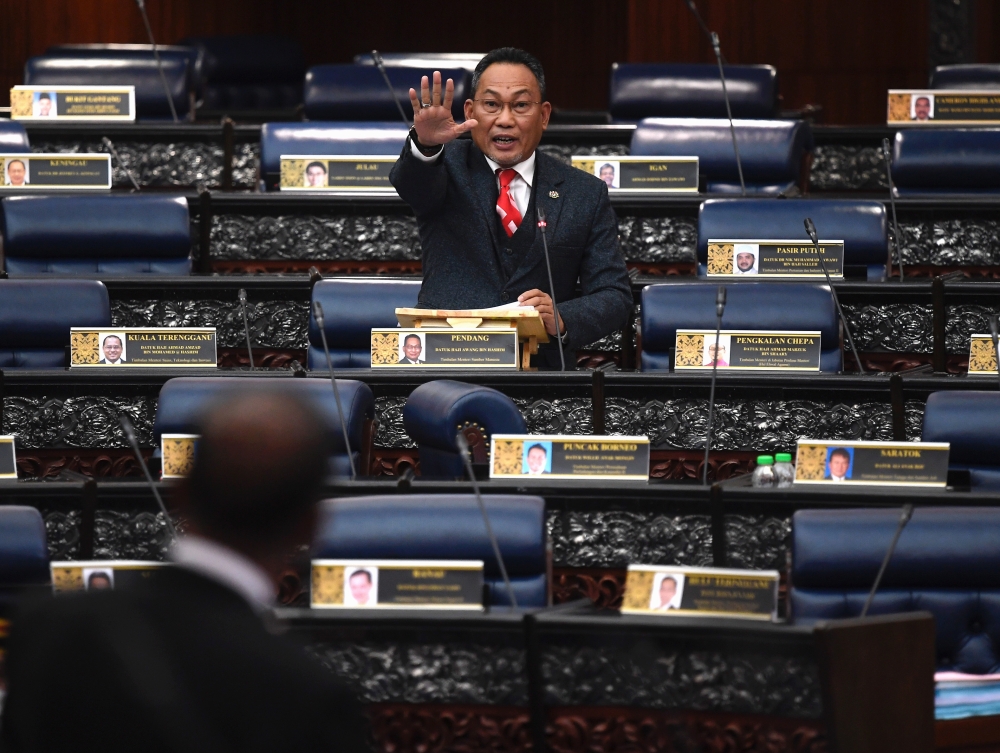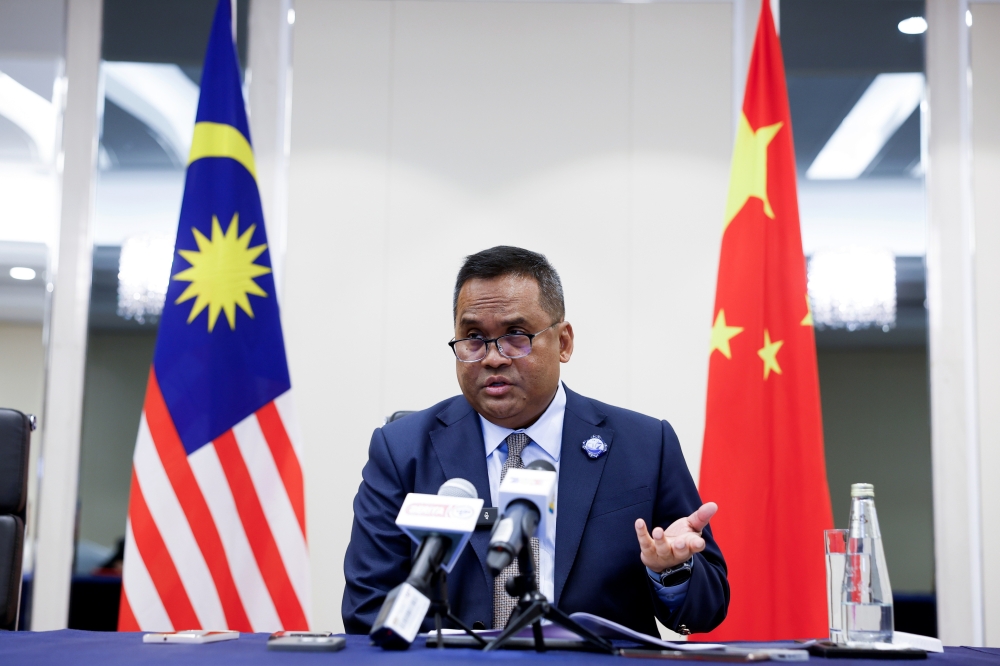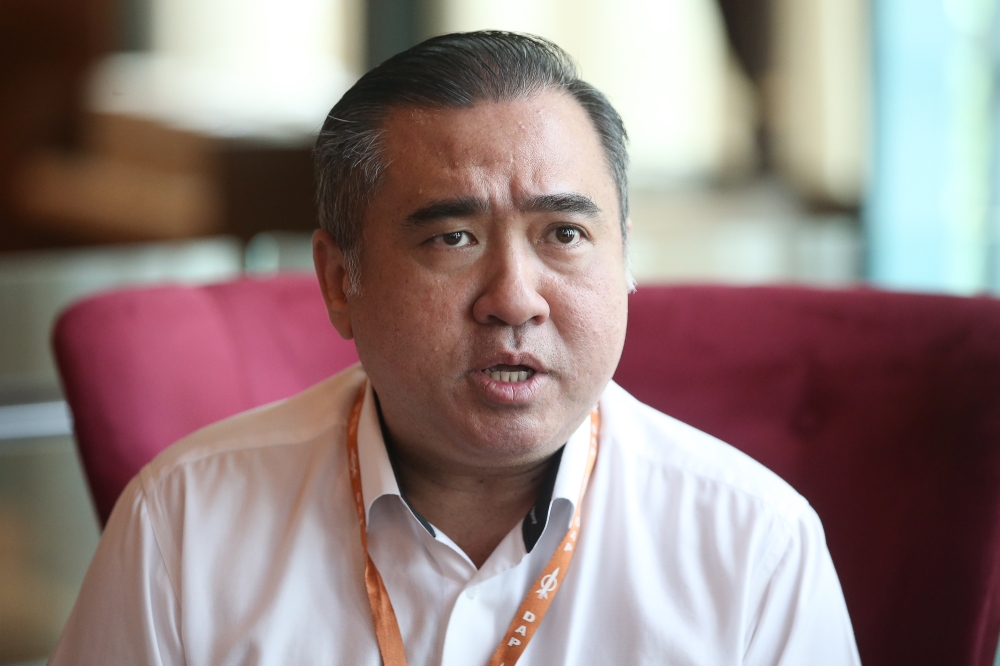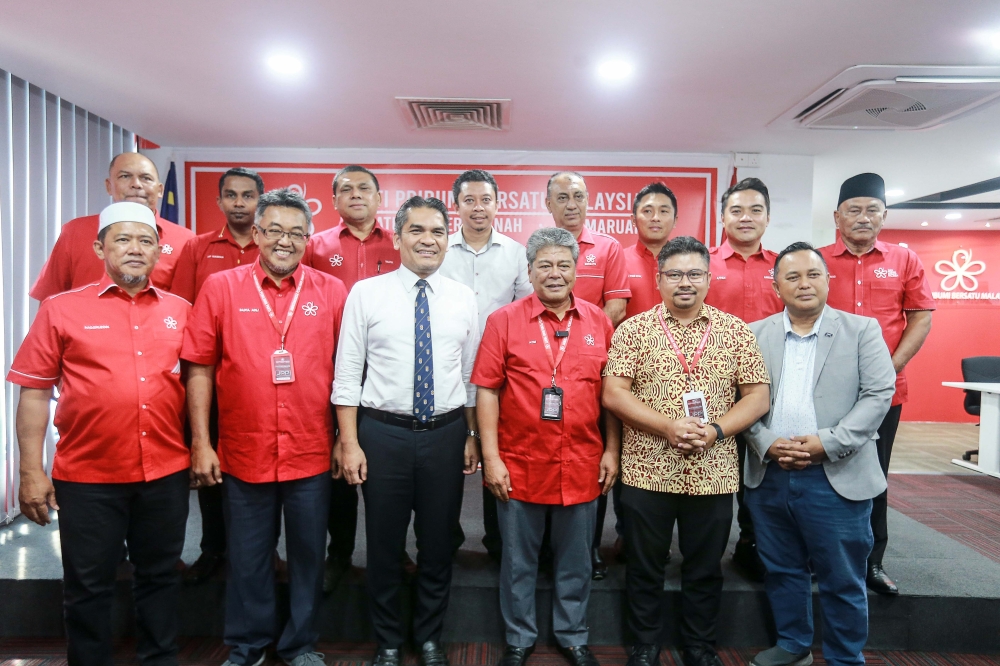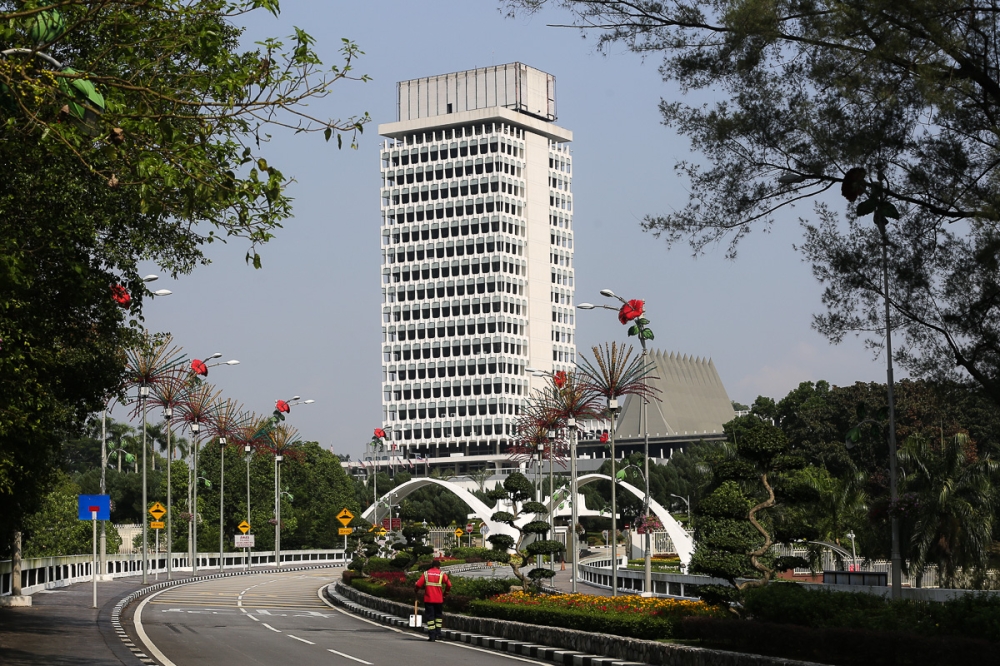PUTRAJAYA, Oct 19 — The Kepayan Prison and the adjacent officers’ quarters in Kampung Matambai, Kota Kinabalu, Sabah, will undergo the enhanced movement control order (EMCO) said Senior Minister Datuk Seri Ismail Sabri Yaakob.
He said the decision to implement EMCO, which starts tomorrow until November 2, was made by the National Security Council (NSC) following the rise in Covid-19 cases involving the Kepayan prison cluster.
“The decision was also made per the advice of the Health Ministry, and the EMCO will ensure that entry and exit into the area can be controlled, and make the Covid-19 screening process smoother,” Ismail said during his press conference.
The total number of people involved is 3,511, including 2,914 prisoners and 597 staff members.
“The food supply will be distributed by the Sabah state government, which will be coordinated by the state Disaster Operations Control Centre,” he said.
Yesterday’s daily infection rates saw 871 new cases reported, of which 97 were detected in prisons. Kepayan alone reported 49 cases.
Meanwhile the minister said the Health Ministry is also doing in-depth evaluation of the current situation in Selangor, so as to determine if the ongoing conditional movement control order (CMCO) may need to be expanded or otherwise.
The CMCO, which also involves Kuala Lumpur and Putrajaya, was originally slated to end at October 27.
“As we know, if ECMO is implemented this means individuals cannot leave their homes, and food must be delivered to their addresses instead. Secondly the various economic sectors will have to be closed as well, and traders not permitted to do their businesses.
“Some might think this is to protect the big businesses, but it also applies to small-time traders who live on daily wages. Not being able to leave their homes means they have no income to support their families,” he said.
Ismail acknowledged that although an EMCO makes it easier to control the public’s movement, it is not a decision that ought to be taken lightly.
“The closure of businesses and factories is one thing, but we must also look at the economic impact, not just on the nation but upon each individual who depend on their respective sectors.
“Hence the need for the Health Ministry’s views. The NSC is also getting the views from other economy-related ministries, including the International Trade and Industry Ministry and the Entrepreneur Development and Cooperative Ministry,” he said.
Ismail said the decision will be made once the input from all parties have been decided upon, and so for the time being the CMCO will remain as it is.





